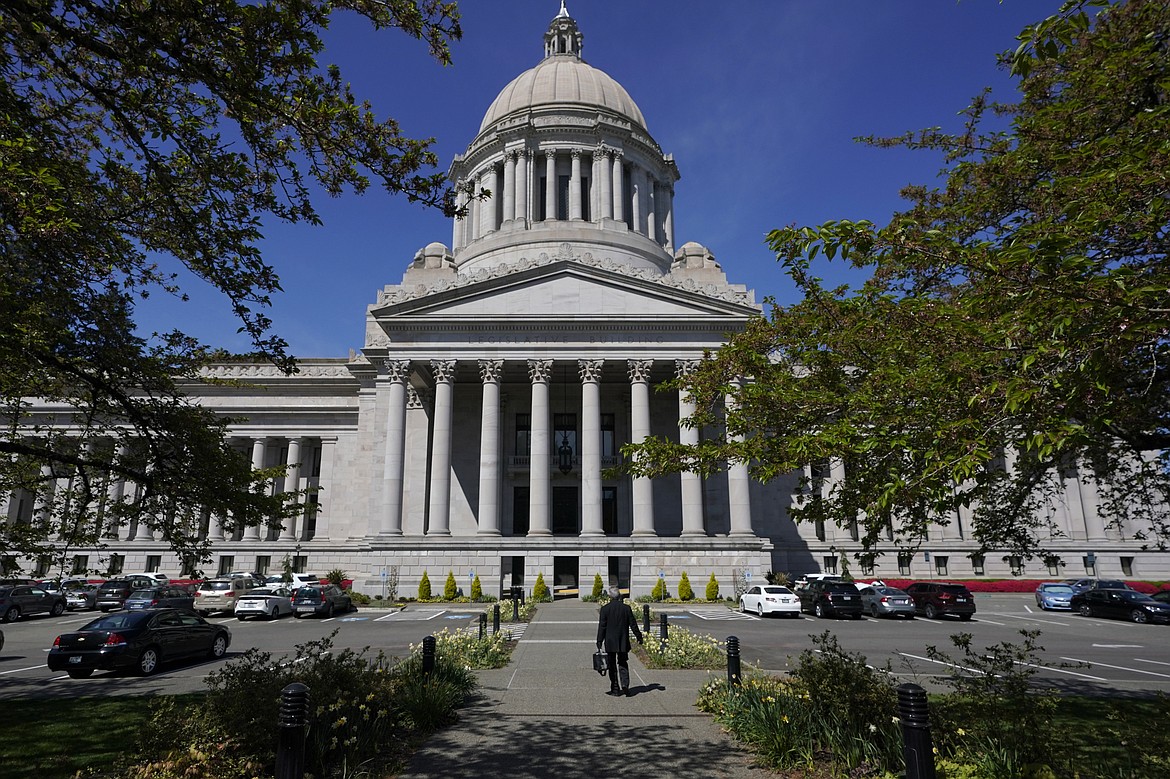Proposed bill aims to combat retail theft
Amendments to the definition of theft could help deter high-value retail crimes if the state legislature passes a bill, which was proposed in the Washington State House Public Safety Committee on Friday.
House Bill 1656 would amend the state’s definition of theft to include circumstances of concealment by an alleged suspect to deprive the owner of its use and benefits.
Property crime is becoming increasingly common in Washington, especially to resell stolen property, said Rep. Dan Griffey, R-Allyn. By including the language of concealment with intent of depriving the owner, retailers then have a tool to regain their stolen property, he said.
Washington state considers theft as wrongfully obtaining control over another person’s property, services or value with the intent of depriving the rightful owner of its purpose. The bill also classifies obtainment through deception as theft.
The definition of theft is used to establish several other offenses, including, but not limited to, theft of a motor vehicle, firearm, possessing stolen property, theft with intent to resell and organized retail theft.
A person is guilty of an attempt when carrying out a step to commit a crime with the intent of completing the crime.
Attempts are classified at a lower level than completed offenses, meaning an attempted theft in the second degree would only amount to a gross misdemeanor instead of the Class B felony upon completion.
House Bill 1656 changes the basis of guilt from knowingly concealing property to doing so with the intent of depriving the owner. Griffey said he and other legislators designed the bill to protect people who mistakenly place property in their bag or pocket intending to pay at the register.
He said the bill intends to focus more on intervention than criminal enforcement. The court would have to prove an alleged perpetrator’s intent when prosecuting them for theft in these circumstances.
The people who commit these crimes are often aware of the laws and lack of consequences, said Carolyn Logue, a Washington Food Industry lobbyist.
“The law itself will act as a deterrent,” Logue said.
Last year, Washington state lost $2.7 billion due to retail theft. This drives up consumer prices and presents a massive sales tax revenue loss for the state and local governments, said Mark Johnson, Washington Retail Association policy and government affairs vice president.
This bill heightens the severity of consequences which legislators hope will influence suspects to pay instead of steal, Logue said. The ability to stop a theft in the store before a pursuit takes place ensures higher rates of property retainment and fewer risks to public safety, he added.
Theft is becoming an increasingly violent crime that presents public safety. Johnson said pursuits that ensue as a suspect flees with stolen property often result in injury from store personnel, law enforcement, innocent bystanders, or the suspect themselves.
“If this bill becomes law,” he said. “Store personnel, law enforcement can hopefully deescalate the situation and prevent a chase-involved incident.”
The bill received no opposition during its public hearing Friday and is scheduled for an executive session with the House Committee on Public Safety on Thursday.



